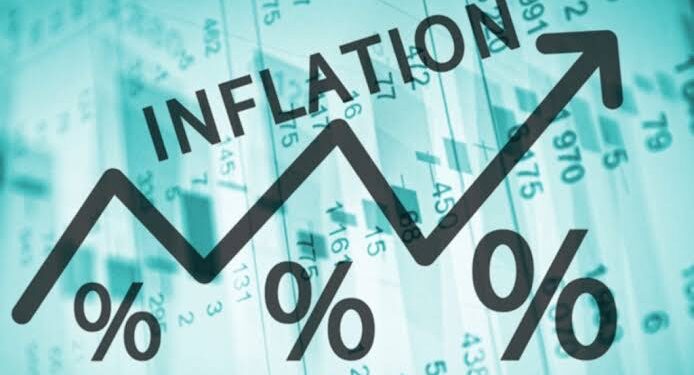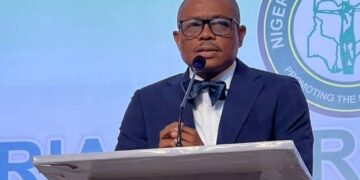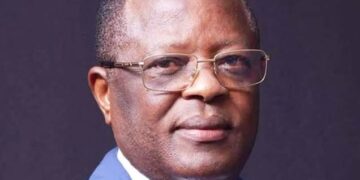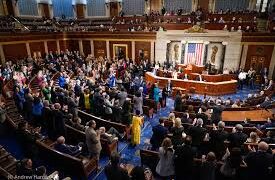The Central Bank of Nigeria’s (CBN) Monetary Policy Committee (MPC) is facing a difficult decision regarding the benchmark interest rate due to recent petrol price hikes. With inflation slowing down to 32.4% in August 2024, analysts initially thought the committee might cut rates to boost economic activities. However, the petrol price increases have introduced a new challenge, leaving the MPC uncertain.
Nigeria’s inflation rate dropped from 33.4% in July 2024 to 32.15% in August 2024, according to the National Bureau of Statistics. The Nigerian National Petroleum Company (NNPC) Limited raised petrol prices by 11% on Monday, marking the second hike in two weeks. This adjustment followed the company’s decision to source fuel from the Dangote Oil Refinery in Lagos.
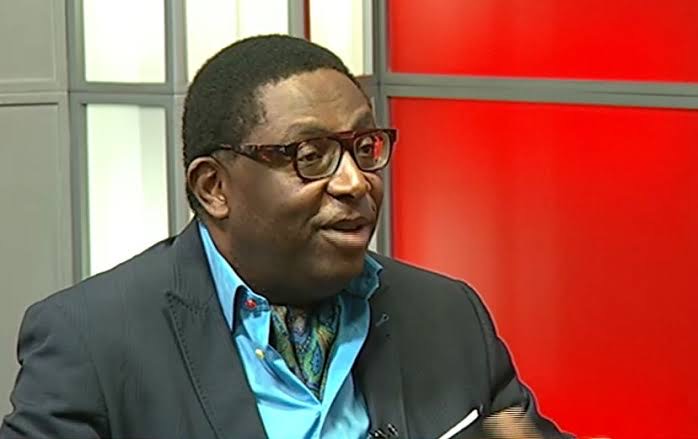
The price of petrol increased from N858 ($0.53) per liter to N950 in Lagos and up to N1,019 in northeastern states. The NNPC purchased the product from the refinery at N898 per liter, which was disputed by the Dangote refinery. In just weeks, petrol prices have jumped over 50% from N617 to between N950 and N1,019.
Analysts believe the conflicting trends present a unique dilemma for the MPC. On one hand, slowing inflation could allow for a rate cut to ease financial conditions and boost economic growth. On the other hand, rising petrol prices could trigger another wave of inflation, undermining the benefits of any rate reduction.
Experts suggest the MPC must weigh both scenarios carefully. Cutting rates prematurely could lead to an inflation resurgence, complicating Nigeria’s economic recovery. The MPC meets from September 23 to 24, 2024, and market players, businesses, and consumers eagerly await the outcome.
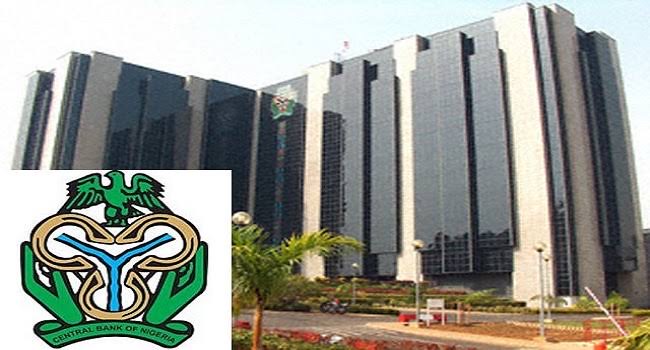
Tilewa Adebajo, CEO of The CFG Advisory, doesn’t expect a rate cut, citing the fuel price increase’s direct impact on inflation. Ayodele Akinwunmi, senior relationship manager at FSDH Merchant Bank, notes that while inflation dropped for two consecutive months, the rate remains high at 32.15%. Changing the monetary policy stance may be premature.
Ayokunle Olubunmi, head of financial institutions ratings at Agusto Consulting, agrees that the fuel price hike has changed dynamics, intensifying inflationary pressures. “The best-case scenario is to hold rates.” Ayodeji Ebo, managing director at Optimus by Afrinvest, attributes the recent inflation moderation to base effect rather than declining prices.
Analysts at Coronation Merchant Bank Limited expect the MPC to maintain the benchmark policy rate at 26.75% in the next meeting. “Inflation remains elevated, likely above 30% in 2024.” FBNQuest analysts predict the MPC will pause its rate tightening cycle to evaluate previous rate hikes’ economic impact.
However, Ike Ibeabuchi, a markets analyst, suggests the MPC may raise rates slightly in anticipation of imminent inflation hikes. At the 296th MPC meeting in July, the committee increased the policy rate by 50 basis points to 26.75% and revised the asymmetric corridor around the Monetary Policy Rate.
This adjustment lifted the suspension on the Standing Lending Facility, allowing authorized dealers to access the facility within specified hours via the Scripless Securities Settlement System. The MPC’s decision will significantly impact Nigeria’s economic trajectory, and all eyes are on their upcoming meeting.


